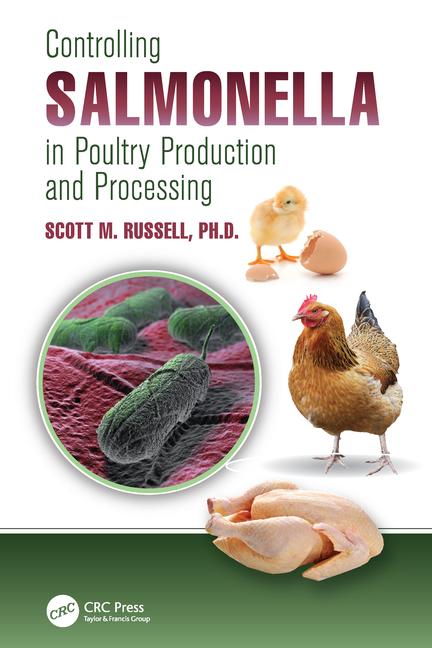Beef Products Inc. announced it will close three of its four plants, effective May 25. The company had suspended operations at those plants in the wake of the “pink slime” controversy that targeted its lean finely textured beef product.
About 650 jobs will be lost when the plants are closed in Amarillo, Texas; Garden City, Kansas; and Waterloo Iowa, company spokesman Rich Jochum said. A fourth plant in South Sioux City, Neb., will remain open but will run at reduced capacity, reports the Associated Press.
BPI has declined to discuss financial details, but has said it took a “substantial” hit after social media exploded with worry over the product and an online petition seeking its ouster from schools drew hundreds of thousands of supporters. The U.S. Department of Agriculture has decided that school districts may stop using it, and some retail chains have pulled products containing it from their shelves.
Company officials hoped to recover but have since realized that doing so wasn’t possible in the near future, Jochum said Monday. The company paid its workers during the suspension.
“We will continue communicating the benefits of BPI’s lean beef, but that process is much more difficult than (countering) the campaign to spread misinformation that brought us to this point,” Jochum said in a statement.
After the initial negative publicity against BPI, which included many retailers vowing to remove LFTB from its ground beef, many state officials and meat industry organizations defended the product. Iowa Gov. Terry Branstad called the news a “sad day for the state of Iowa.” “The fact that a false, misleading smear campaign can destroy a company’s reputation overnight should disturb us all.”
The governor said the workers will “go home to their families and will soon be without a job, all because some media on the coasts decided to unfairly and viciously smear the product they so proudly produced.”
Nebraska Gov. Dave Heineman called the plant closings “unfortunate and needless,” and said the product BPI produced is safe for consumption.
“BPI is a good family-owned business, and we will continue to work with them in an effort to continue to promote their safe and healthy beef,” Heineman said.
Source: Associated Press





Report Abusive Comment